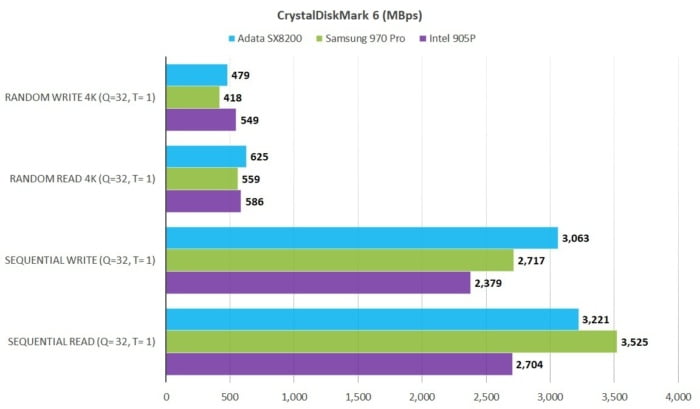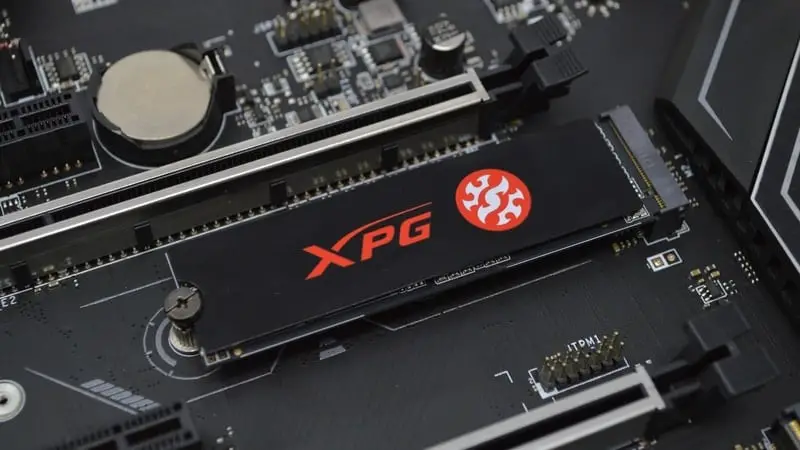Knowing exactly what the SSD we are about to buy is capable of can be a difficult practice nowadays, and that is that some manufacturers like Adata and its XPG gaming division are making important changes in the memory chips and the controller they integrate. The problem? They do it after the original products have been launched and reviewed, without warning consumers. So, hardware manufacturers limit their SSDs without warning consumers.
The worst thing is that, after making such changes, the performance of the SSD is negatively affected. Manufacturers usually make modifications to their products after launch to improve them, but not to worsen their performance.
As Tom’s Hardware reveals, there are currently three versions of the Adata XPG SX8200 SSD. The first one (v1) used a 650 MHz SM2262ENG controller with 64L TLC IMFT memory chips.

The second version (v2) uses a 575 MHz SM2262G controller with Micron’s 96 layer TLC memory chips.
Finally, the third version (v3) uses 64L TLC memory chips manufactured by Samsung.
Hardware manufacturers limit their SSDs without warning consumers a result, in sequential reading speed, the first version is 9.3% faster than the second and 8.9% faster than the third. While in writing, v1 is 14.5% faster than v3.
In terms of 4K random performance, we see differences between 15-21%. Although the tests carried out by Tom’s Hardware focus on ADATA, other manufacturers would also be doing the same.
We are in favor of companies switching to better components, such as using a faster, more layered NAND or implementing a new, faster controller overhaul. This can bring greater efficiency, performance, capacity, or resilience, improving the competitiveness of the device in one way or another. However, transparency is key and consumers need to know that a change has occurred before they buy.





